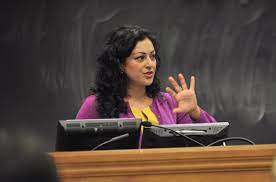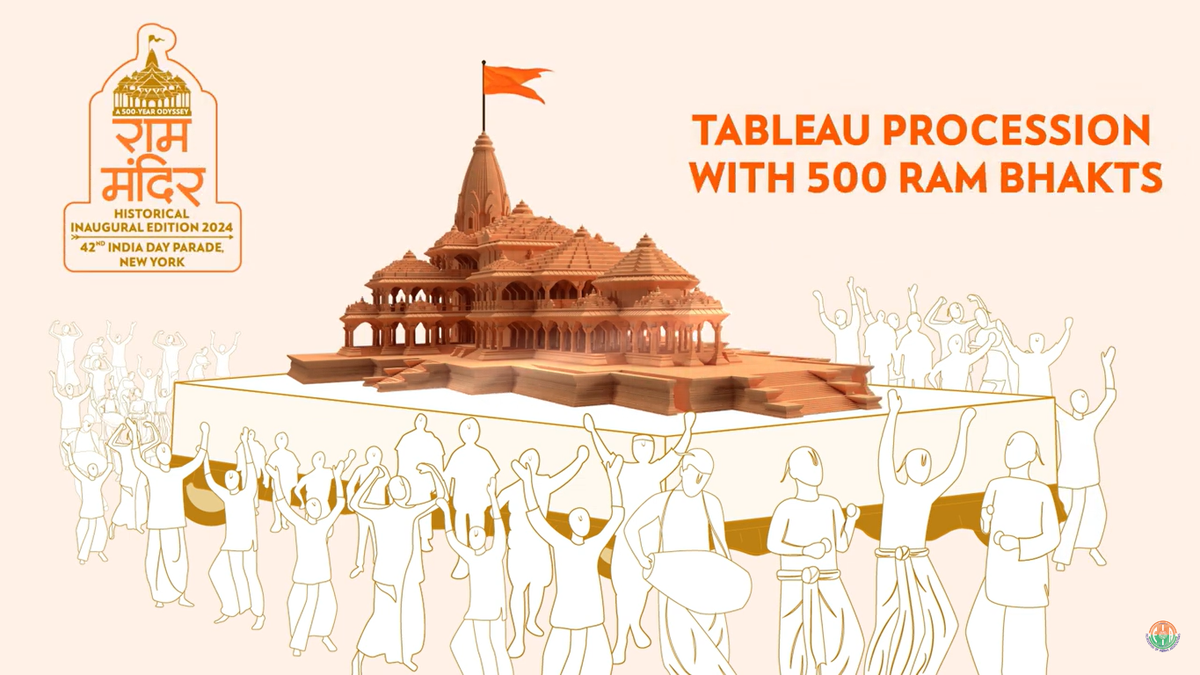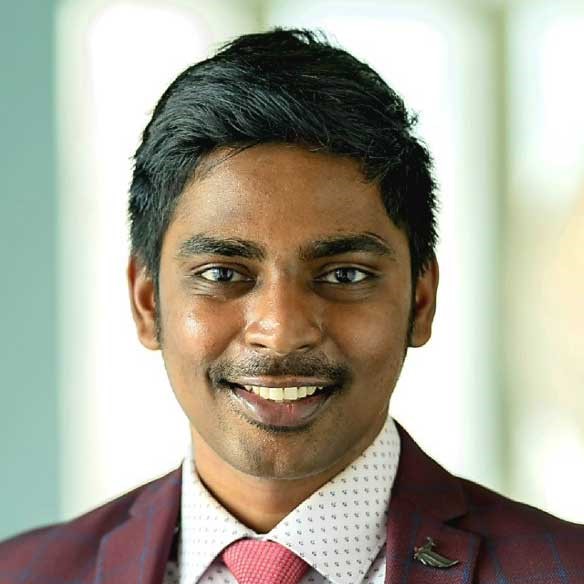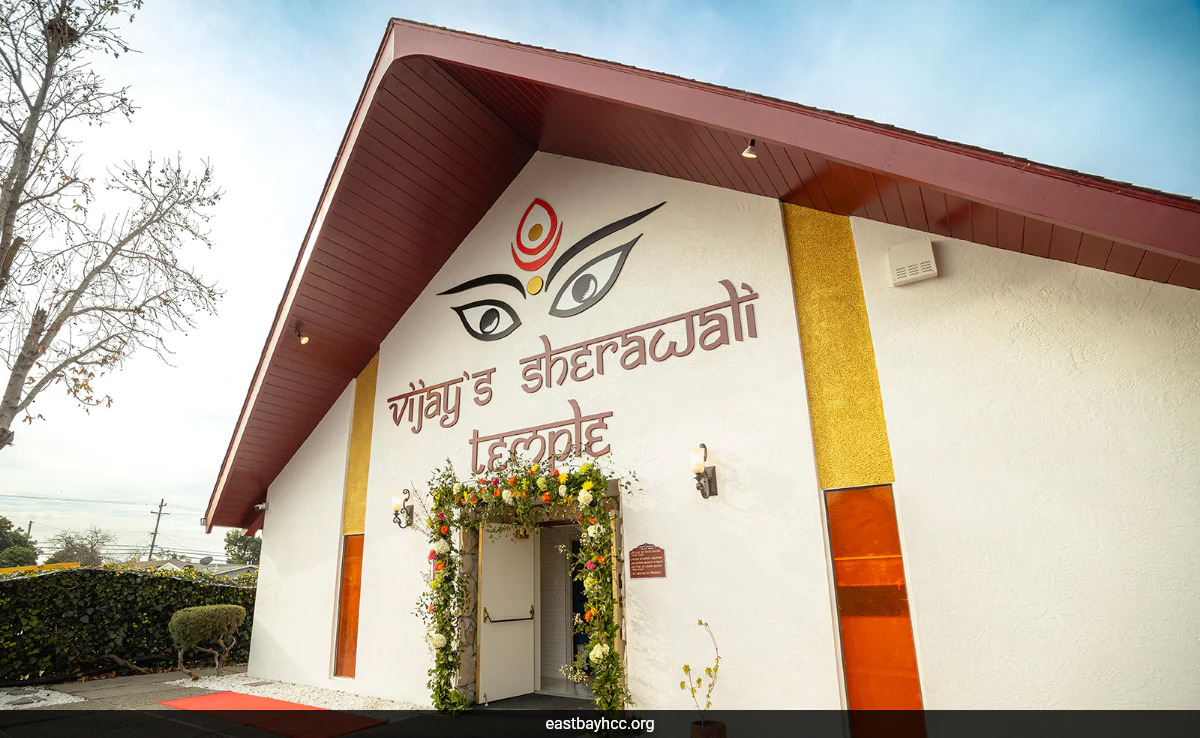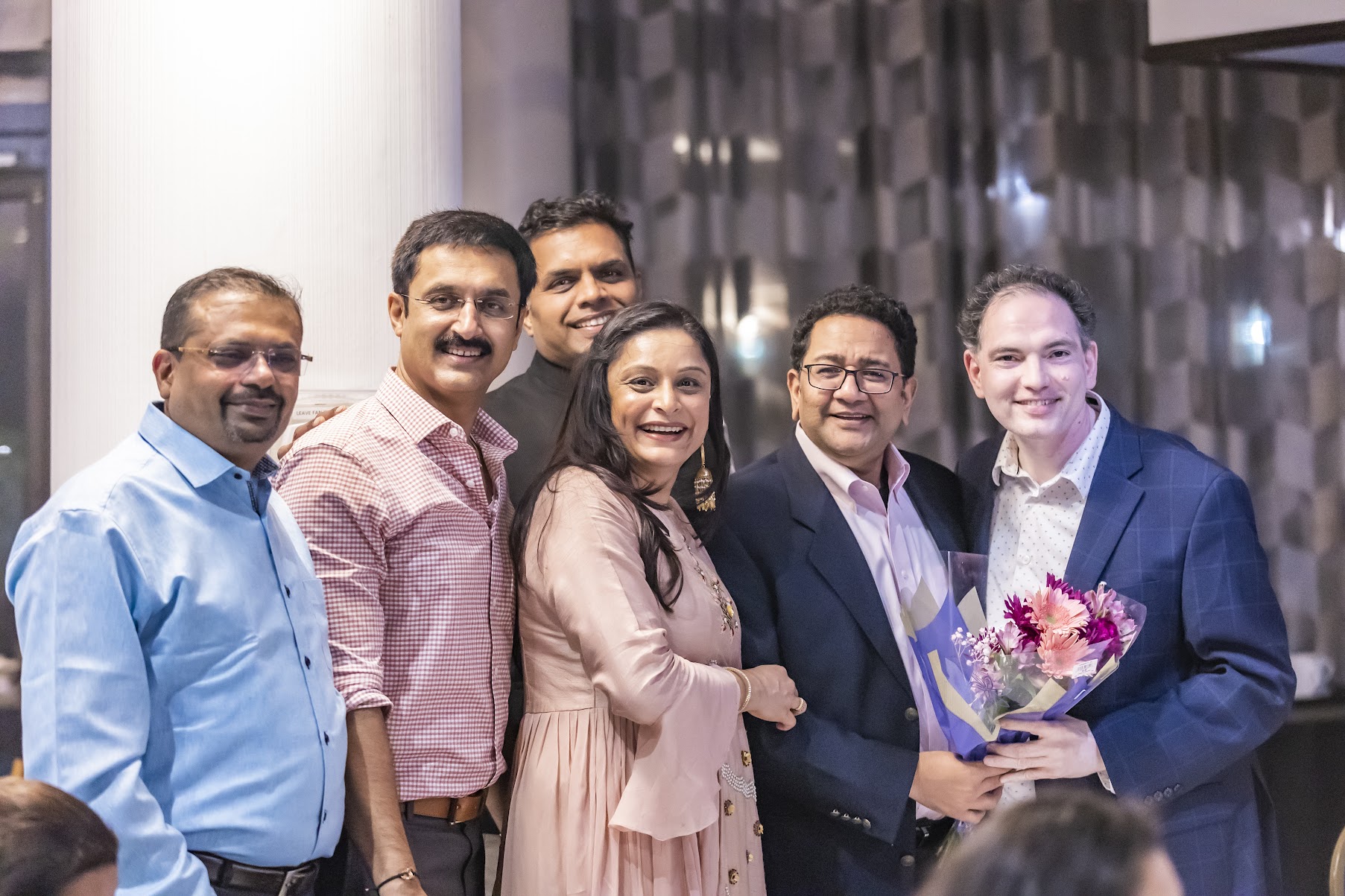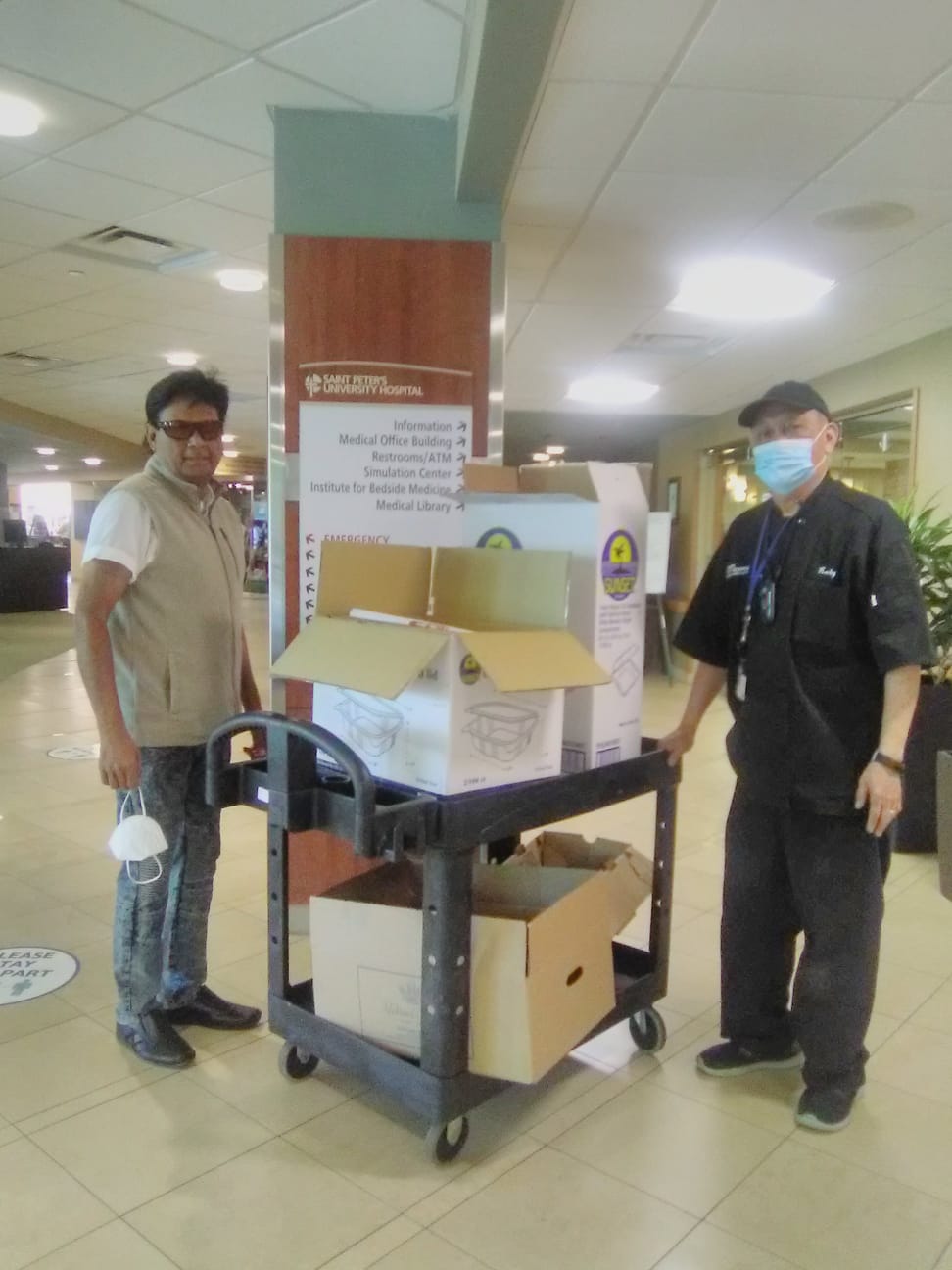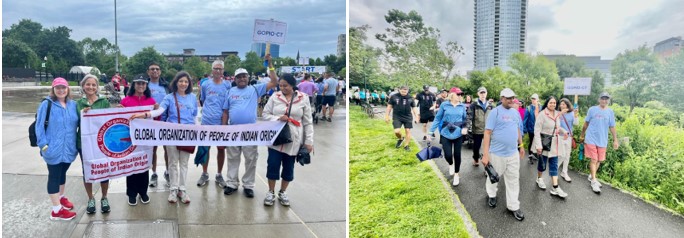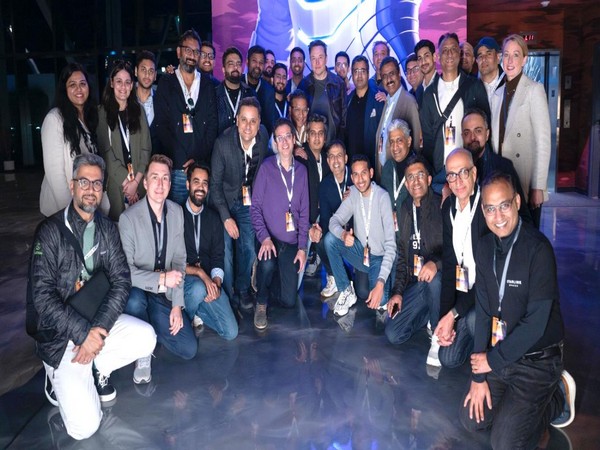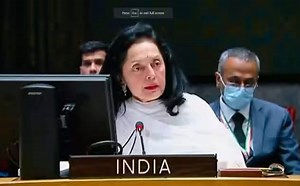Our Bureau
Long Beach, CA
On April 18, the Yadunandan Center for India Studies at California State University, Long Beach, hosted the twenty-first annual Solanki Lecture. This is the longest-running endowed lecture series focusing on the history and culture of South Asia and the South Asian diaspora in the US.
This year’s distinguished speaker was Shobita Parthasarathy, Professor of Public Policy and Women’s and Gender Studies at the University of Michigan. Prof Parthasarathy is Professor of Public Policy and Gender and Women’s Studies, and Director of the Science, Technology, and Public Policy Program at the University of Michigan. She is the author of numerous articles and two books: Building Genetic Medicine: Breast Cancer, Technology, and the Comparative Politics of Health Care (MIT Press 2007), which influenced the 2013 U.S. Supreme Court case challenging the patentability of human genes, and Patent Politics: Life Forms, Markets, and the Public Interest in the United States and Europe (University of Chicago Press, 2017) which won the Robert K. Merton Prize from the American Sociological Association. She is currently writing a book about the politics of inclusive innovation for international development, with a focus on India.
Through a series of compelling examples, Professor Parthasarathy illustrated how these projects frequently overlook the socio-cultural contexts in which they are implemented, thereby failing to address the underlying inequalities that persist in Indian society.
International development institutions, governments, and social entrepreneurs have become increasingly enthusiastic about ‘inclusive innovation.’ The term refers to efforts to use science and technology to alleviate poverty and inequality. What separates inclusive innovation from previous efforts is the urge to bypass infrastructural projects in favor of devices that are easy to make and circulate. Through an examination of innovation efforts in sanitation and women’s health in India, this talk explored how these practices may empower but also limit civil rights and liberties.
The Solanki Lecture was held in the College of Professional and Continuing Education (CPaCE) building.
















